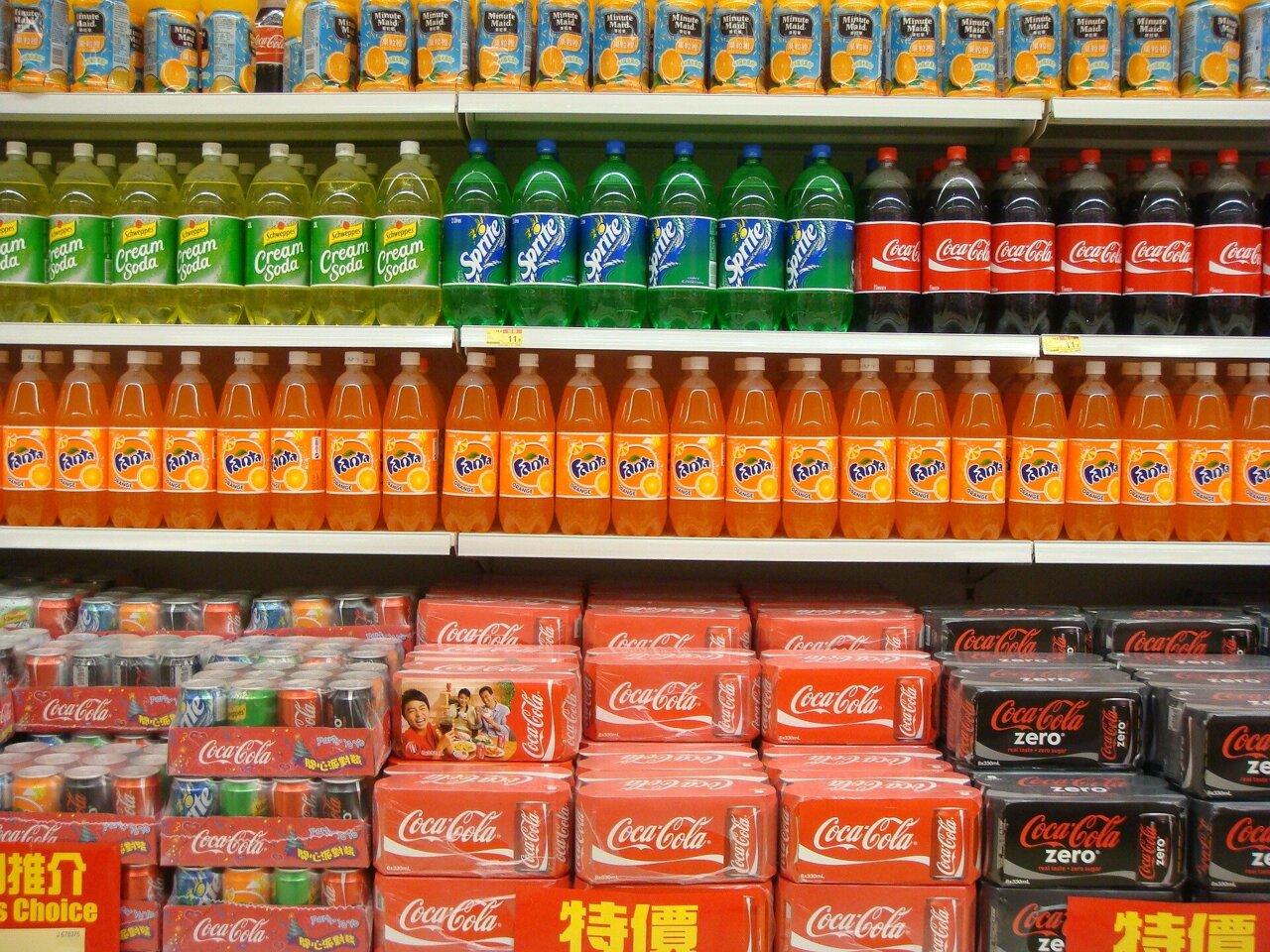The sugar tax, known as the UK soft drinks industry levy, started in April 2018 after being announced in March 2016. It has successfully reduced the amount of sugar people in the UK get from soft drinks. Research shows that children’s sugar intake from these drinks dropped by half, and adults’ by a third since the tax was announced.
The sugar tax charges companies that make or import sugary soft drinks in the UK. It’s part of the UK’s plan to fight obesity. The tax encourages companies to reduce the sugar in their drinks by charging 24p per liter for drinks with 8 grams of sugar per 100 milliliters or more, and 18p per liter for drinks with 5 to 8 grams of sugar per 100 milliliters. The money from this tax helps fund sports in primary schools.

UK Sugar Tax Reduces Children’s Sugar Intake from Soft Drinks by Half
George Osborne, the Chancellor at the time, announced the tax in 2016, emphasizing the need to address the health problems caused by sugary drinks. The tax officially started in April 2018. It was expected to raise the price of sugary drinks significantly.
The sugar tax applies to drinks with added sugar, but some drinks are excluded, like those with a lot of milk, milk alternatives, alcohol-free beer and wine, and fruit juices. Sugary foods like biscuits and cakes are not included. The tax aims to reduce sugar intake from drinks specifically.
The tax has been effective. Many drink manufacturers reduced the sugar in their products to avoid the tax before it even started. Studies show a significant reduction in the sugar content of soft drinks since the tax was introduced. The tax has helped prevent over 5,000 cases of obesity in young girls each year and reduced the number of children needing tooth extractions due to decay.
